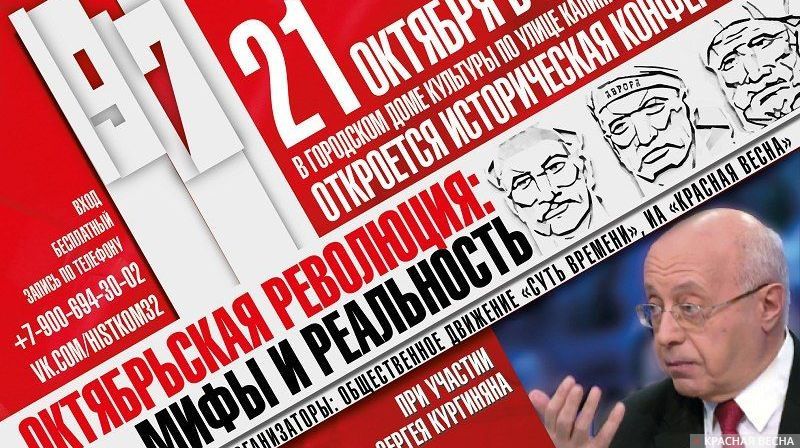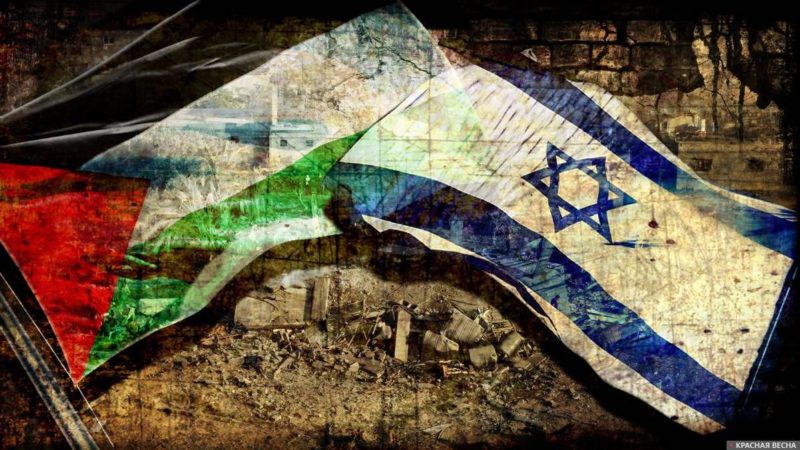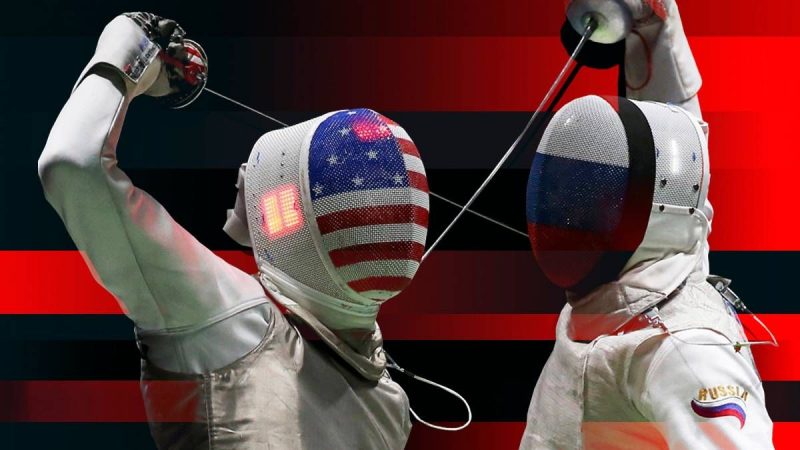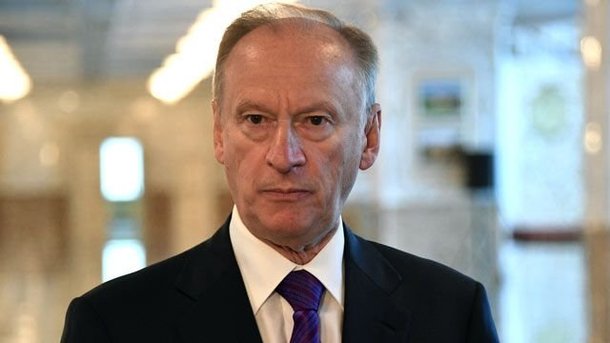25.10.2017, Russia.
The October 21, 2017 “October Revolution: Myths and Reality” conference, the sixth in the series organized on by the Essence of Time social movement was held in the city of Bryansk, Russia. The aim of the series is to analyze the events of the Great October Socialist Revolution and to debunk the myths propagated by those, so-called de-Sovietizers, who seek to distort and diminish the Soviet period in Russia’s history.
The myths about the October Revolution and the “Red Terror” created in the 1920s by white émigrés, which were later used by fascist Germany in preparation for the Second World War and the United States during the Cold War, played an important role in the collapse of the USSR.
“We were defeated in the cold war, we were told a tale of horror by the lips of those who had been well respected at that time… We were forced to sign a surrender in Belovezha, we were dismembered … What kind of a weapon defeated the Soviet Union? History was such a weapon, a manipulation of history,” political scientist Sergey Kurginyan stated in his report.
Alexander Solzhenitsyn was one of the most famous falsifiers of history whose works found wide distribution in the West. Solzhenitsyn was never a historian, stressed Kurginyan while speaking about the authors’ role in the information war: “He is just nobody, from a historical research point of view. Then, there’s Zemskov, a professional historian who went to bed, woke up, and lived with those figures in his head. Take his account. Certainly, this is a tragedy. Why are 2 million repressed people not a tragedy? It’s a huge tragedy … but why does it have to be 100, 60 million? Why this fantasy? It is clear why. In order to develop a historical inferiority complex in people, and to say that what happened here has not happened anywhere else in the world. But that is a lie.”
The leader of the Essence of Time movement drew parallels between the civil war and repressions in the Soviet Union and in other countries of the world.
“In the United States , hey hate to talk about their own [civil] war, because so large a part of their population was killed that it would be hard to compare to anything else. The civil war in Spain, repressions in other countries of the world such as Mexico, Chile, Indonesia. We are one of many states of the world which suffered a devastating tragedy of civil war, and we should treat it just as other people treat their civil wars, their tragedies. Solzhenitsyn did everything to present it as an exceptional, an extraordinary event, unmatched in world history. Subsequently, a fabricated image of the Soviet Union and a historical inferiority complex do not allow people to move on, to pass this point in their history, and to develop further,” stressed Kurginyan.
In modern society, it is unacceptable to use false information for assessing events, stated the participants of the conference. On the contrary, it is time for society to understand what happened in Russia one hundred years ago, and to evaluate the events which influenced the development of the country and of the world from a new, honest point of view. It was also mentioned that substituting anti-Soviet propaganda with pro-Soviet propaganda is unacceptable. “We don’t need another Wailing Wall, nor do we need a Wall of Pride. What we need is a Wall of Truth,” believes Kurginyan, “This is a matter of historical dignity.”
Each conference was devoted to a number of interrelated issues, the “flashpoints” of Russian history, which became especially relevant in this jubilee year. Thus, the issues of terror and how it started, the role in it of foreign intervention, the number of victims on both sides, the Bolsheviks’ attitude toward the peasantry, the Cossacks, the intelligentsia, and how they resolved the question of national unity were discussed within the framework of the series.
Speakers presented the most objective view on events, based on the study of historical documents and the research of Russian and foreign historians who worked in archives, reviewing the testimonies of white movement participants, foreign military, and diplomats.
Conferences have already taken place in the cities of Yekaterinburg, St. Petersburg, Samara, Rostov-on-Don, Tomsk. The final seventh conference will be held in Moscow on November 6 on the eve of the 100th anniversary of the Great October Revolution. A collection of articles titled “Historical Notebooks” will be compiled based on the materials of these conferences.
Source: Rossa Primavera News Agency




